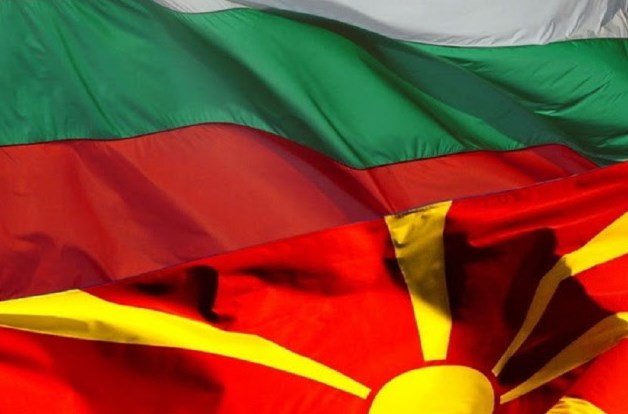The Government of Macedonia considers the proposal presented during the Portuguese EU Presidency as the official one, a proposal that ensures solutions acceptable for all sides. This was stated in Government’s response to MIA’s question whether a new non-paper is in circulation for resolving the dispute between the two countries, which was published Monday by Klan TV, without citing a specific source, about which Skopje and Sofia reportedly familiar with, and also the more important member states of the Union.
The Republic of Macedonia remains committed to the process, in order to overcome the differences with the Republic of Bulgaria, which would remove the obstacles to the start of accession negotiations with the EU. It is in the interest of the citizens of both countries, and thus of the European agenda. We hope that political conditions will be created in Bulgaria as soon as possible to open the possibility for an intensive dialogue between Skopje and Sofia to resolve the issues that caused the blocking of the EU enlargement process, adds the Government.
The non-paper, which was released by TV Klan, contains several points as guidelines for resolving the dispute. According to the published document, the Republic of Bulgaria will be given guarantees for strengthening the current concept of nation-state, while recognizing the historical context for the Bulgarian origin of its citizens without exception and thus Bulgaria, as it is stated, will be free from the trauma that long-term stability and security will be threatened through minority rights.
The newly released non-paper claims that in the Republic of Macedonia, the context of the multiethnic society will be strengthened through the inclusion of the Bulgarian narrative. It is proposed that Bulgarians be included in the Constitution, respectively like all other ethnic communities, Bulgarian associations would thus receive protection and special care from the state to nurture, promote and study their own aspect of historical events and that would be constitutionally guaranteed. It is added that the majority of the Slavic people, who identify themselves as Macedonians and who count on the historical context for the uniqueness of the Macedonian people, will retain the opportunity for their own aspect and narrative of this common history.
This implies that there will be a single factual truth, derived from empirical scientific activity, which will be provided with a dual aspect of defining the national context and meaning for the two national identities, the non-paper states.
It is added that this dual system would be also applied in the educational system, with a dual explanation of the context of historical events, including the Macedonian and Bulgarian narratives.
The issue of language and the use of the short name for Macedonia should be resolved according to the proposals of the (German, Portuguese, Slovenian) presidency, which were already unofficially considered acceptable to both parties, the non-paper said.





Comments are closed for this post.